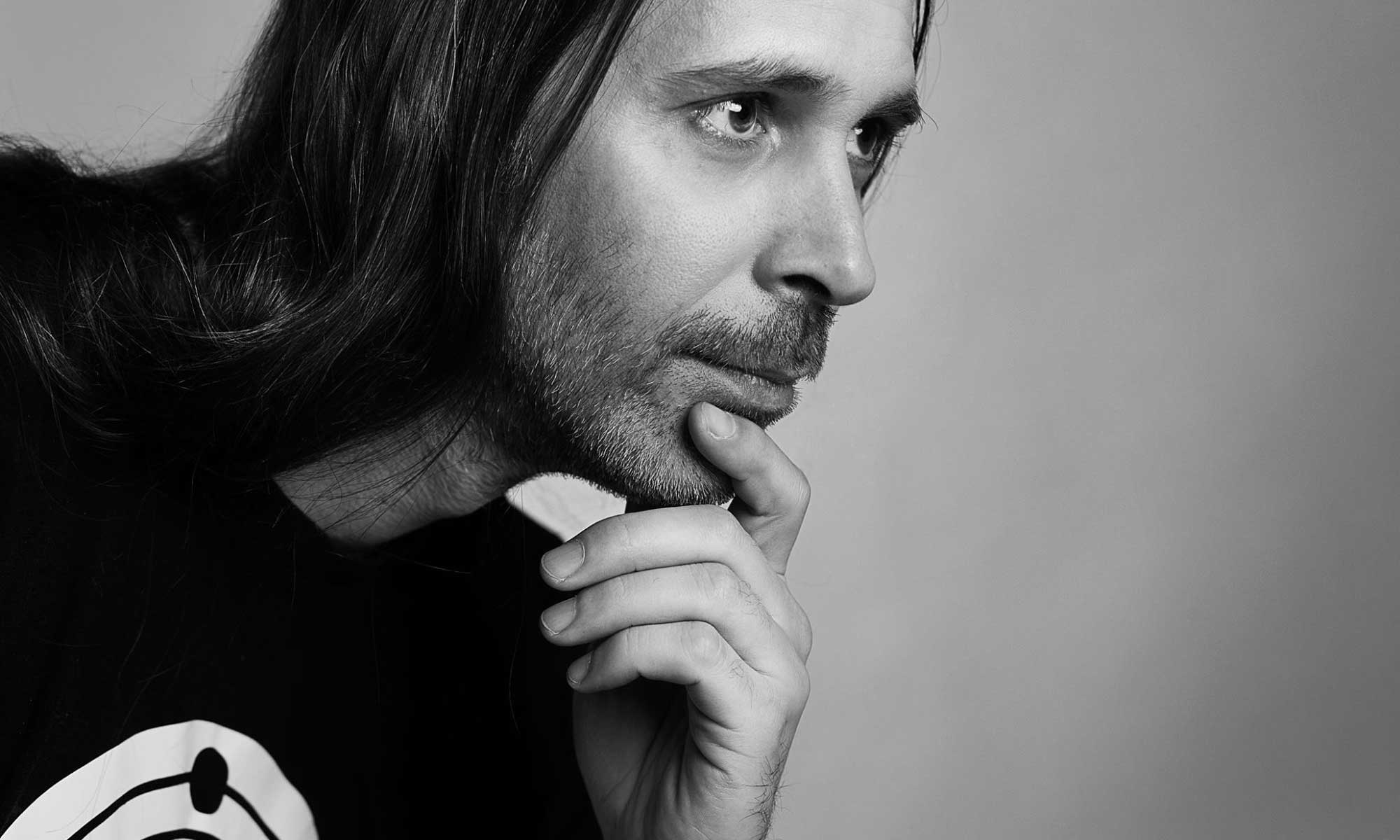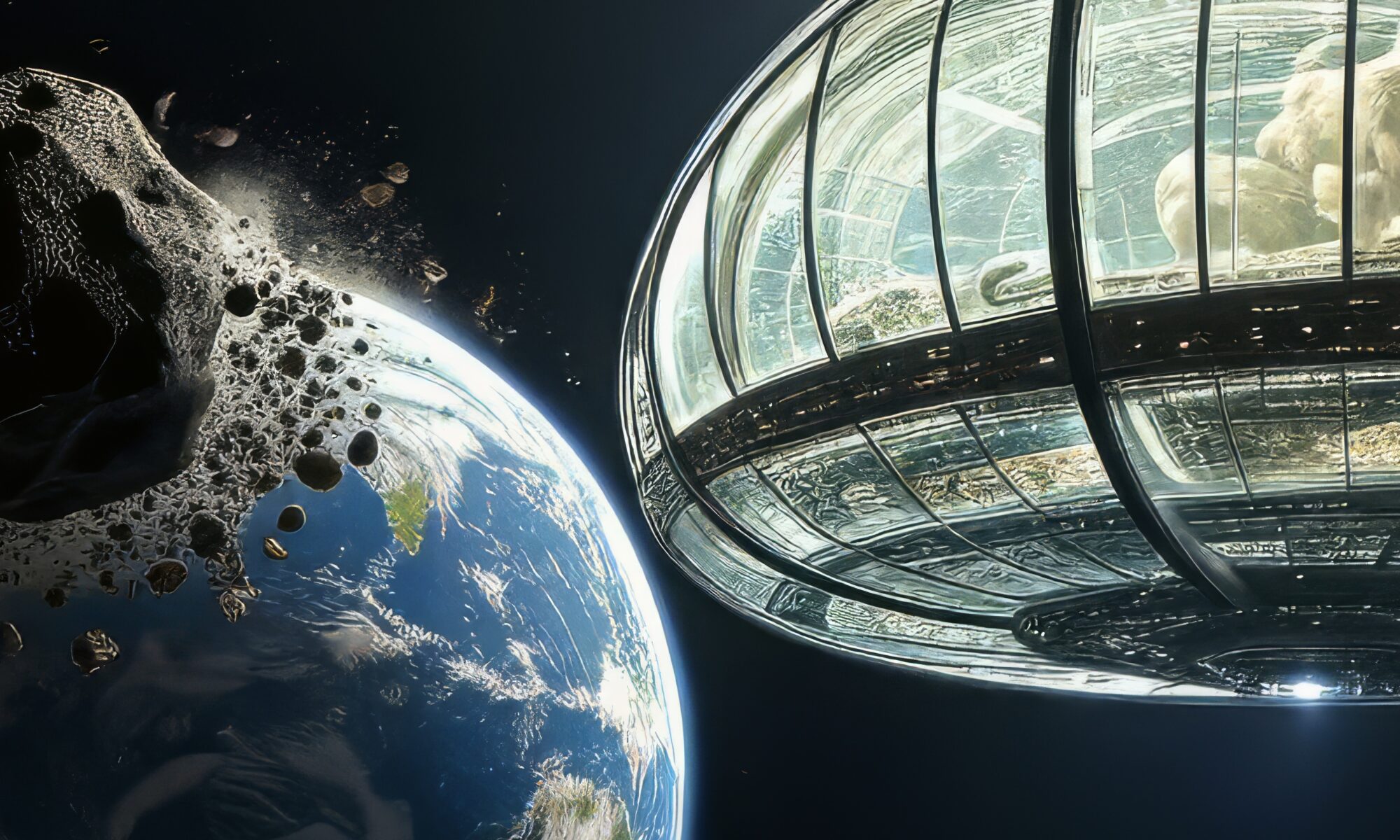A Wake-Up Call to Our Cosmic Destiny
It has always been expected that humans would continue to develop, to innovate, and to imagine—just as we always have, and always will. This is our nature.
Those who see only a doomed world, judging humanity by the lens of a fleeting moment, fail to recognise our deeper potential. They are blind to the fundamental talents of our species. Obsessed with negativity, they label mankind a cancer, and all they foresee is an apocalypse.
But I have always believed in the genius of nature’s design—its evolutionary brilliance, and its relentless pursuit of a lifeform capable of continuous growth. We are not an accident. We are the result of nature’s enduring experiment: to create something that evolves not just biologically, but consciously.
Those who romanticise our planet miss a more urgent truth. Earth is not our eternal sanctuary. It is a cradle—beautiful, yes—but temporary. Nature has gifted us this moment, this stage, to evolve. And we must evolve quickly enough to transcend it.
Yes—to outlive this planet.
This has always been the silent directive of evolution: to give rise to a lifeform capable of enduring, adapting, and continuing beyond its birthplace. At the heart of nature’s mechanisms lies a relentless drive towards longevity and transformation.
What makes humanity extraordinary is not merely our intelligence, but our unique ability to accelerate evolution through technology. This is not a deviation from nature—it is nature expressing itself through us. We are natural beings, and everything we create, every spark of innovation, is born from the same laws that shaped the stars and the oceans.
To call technology “unnatural” is to misunderstand our place in the cosmos. If our creations are unnatural, then so are we—and that is clearly absurd. We are the first known lifeform with the capacity to leap beyond the slow crawl of biological evolution. And that leap may be our only chance.
Biological evolution is agonisingly slow. It may be the reason no other intelligent species has survived long enough to escape their planetary fate. The cosmos is indifferent. One asteroid, one cataclysmic shift—and the story ends. Earth’s own history is littered with such brutal reminders: ice ages, meteor strikes, and extinction events.
Yet life, in its stubborn brilliance, always finds a way. And now, for the first time, we stand at the edge of possibility. We can imagine a future where life—our life—outlives this planet. That hope is real. But it demands that we shed our illusions and face the raw truth of nature.
Romanticising Earth blinds us to its impermanence.
To honour this planet is not to cling to it, but to evolve beyond it. That is the true tribute to nature’s genius.
Our Cosmic Destiny
Konstantin Jagoulis, Crete/Greece 2025


